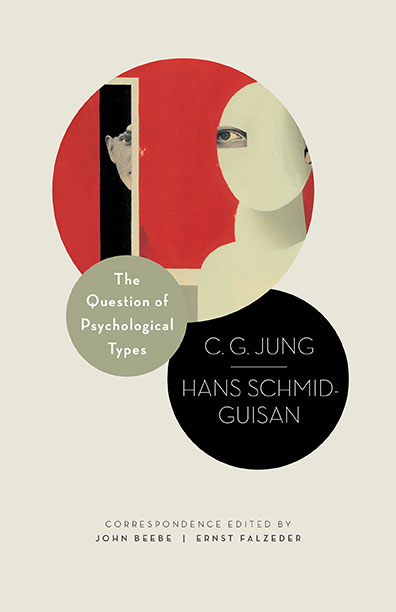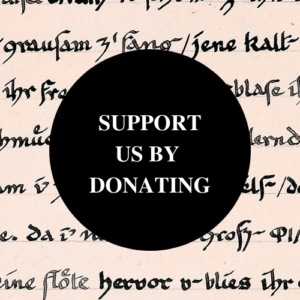Edited by John Beebe and Ernst Falzeder.
Translated by Ernst Falzeder with the collaboration of Tony Woolfson
For two years, Jung conducted an extensive theoretical discussion on the question of psychological types with his colleague, Swiss psychiatrist Hans Schmid-Guisan (1881–1932). Schmid first met Jung in 1911, subsequently went to Zürich to study and analyse with Jung and became a member of the Zürich group of the International Psychoanalytical Association. In 1913, he started a psychiatric practice in Basel and was amongst those who sided with Jung when he broke with Freud. Despite sometimes diverging views, they maintained a friendship until Schmid’s early death in 1932.
This correspondence shows how Jung’s thinking about the type problem evolved from his original 1913 conception — rigidly linking extraversion to feeling and introversion to thinking — toward the flexible four-function two-attitude model introduced in Psychological Types in 1921, which is the basis of the most widely used paper-and-pencil test of normal personality orientation in the world today, the Myers Briggs Type Indicator.
As increasing numbers of type practitioners begin to take the measure of Jung’s insights into psychological typology, it now becomes important to learn how Jung arrived at his conceptions. This correspondence, available in English for the first time, reveals Jung taking up keen theoretical challenges from one of his most sensitive and perceptive colleagues. The introduction by Jungian analyst and type specialist John Beebe and psychologist and historian Ernst Falzeder clarifies the evolution of crucial concepts. The editorial notes shed light on the allusions and arguments in the letters. This volume provides a crucial historical grounding for all those who work with or are interested in Jungian psychology and psychological typology.
PURCHASE THIS BOOK
Read about ways to purchase the Philemon Series books.
RESOURCES
Princeton University Press, Princeton and Oxford
ISBN: 9780691155616
184 pages, 5 1/2 × 8 1/2, 3 illustrations
REVIEWS
“The English text is a pleasure to read, with plenty of clarifying notes. Readers will enjoy the informality of the exchange, its intellectual depth, and the humanity of Jung and Schmid-Guisan. This important addition to the history of modern psychology will engage and inform interested nonspecialists.”—E. James Lieberman, Library Journal
“The Question of Psychological Types is a welcome addition to anyone who would seek to understand the framework of psychological types better in its philosophical and historical context. The publishers have done a good job of putting the book into a good, clean format and have equipped the text with a generous, even lavish, amount of footnotes. Readers who will want to know more about the practical application of typology and the types will not find much to interest them here, but to readers who want to be acquainted with the historical process that spawned Psychological Types, this volume is quite simply a mandatory read.”—Celebrity Types
“Beebe and Falzeder provide a fascinating, scientifically important look into the development of Jung’s seminal work on psychological types. Unlike works that stress how one can understand the typology and the implications of being a ‘certain type’, this volume illuminates the early development, discussion, and refinement of the ideas. . . . A must-read for scholars and enthusiasts of Jung and an excellent ‘reader’ for understanding the scientific enterprise prior to the development print and online journals and formal review procedures.”—Choice
“We now have the opportunity to read and study this very significant correspondence with the addition of the excellent introduction and annotations which the co-editors have produced and have our knowledge and understanding of Jung\’s psychological types greatly deepened, expanded and enriched.”—Peter Kenney, Journal of Analytical Psychology


